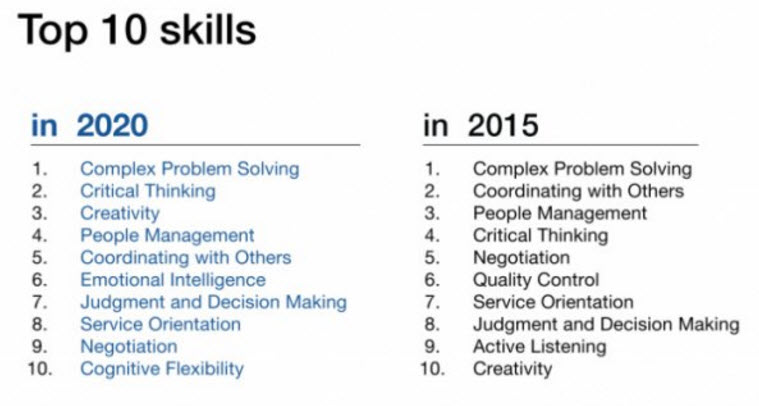Nine months ago, Tim came to me seeking career clarity and help to develop greater self-confidence. On his own, he had risen to the level of Senior Director but he couldn’t quite figure out how to crack into the “C” Suite.
Tim didn’t know for sure that he belonged in any company’s “C” Suite. After reviewing his unique personal Strengths and his Emotional Intelligence scores, there was no doubt in my mind that he belonged in some company’s “C” Suite.
Tim’s Resume and LinkedIn Profile needed work when we first met, but the bigger challenge was his mindset. By reviewing his Strengths report and his Emotional Intelligence scores, I instantly knew that he had what it takes to not just get to the “C” Suite but he had what it takes to perform at a high-level in the “C” Suite.
Tim possessed Strengths that many technology leaders do not possess and his Emotional Intelligence scores placed him in the realm of a benchmark I work from that represents 250 successful “C” Suite executives.
We worked together in a coaching relationship for 9 months to develop his unique Strengths and to fine-tune and polish his Emotional Intelligence. Tim’s new Resume and LinkedIn strategies generated many “C” Suite interviews with companies that didn’t know precisely what it was that they were seeking.
He interviewed with a company that had fired a previous technology leader who had poor business and people skills. Because Tim knew how to articulate his skills and accomplishments, but more importantly, he knew how to speak from a position of confidence about his unique personal Strengths and his higher than normal Emotional Intelligence, it didn’t take long for a healthy job offer to surface. The offer was significantly higher than his most recent compensation and Tim was convinced that he was being paid for bringing exceptional people skills, soft skills and business skills to the table.
What did Tim do that most people don’t do in order to achieve a result that most people don’t achieve? He stepped out of his own way, out of his comfort zone, in order to get help from someone who specializes in helping high-performing human beings to create their best performance and to excel.
He invested in himself and he took action that most people don’t take. He’s no longer a Senior Director. He’s now a well-compensated, self-confident “C” Suite executive.
Jeff Snyder Coaching for High Performers, 719.686.8810





















